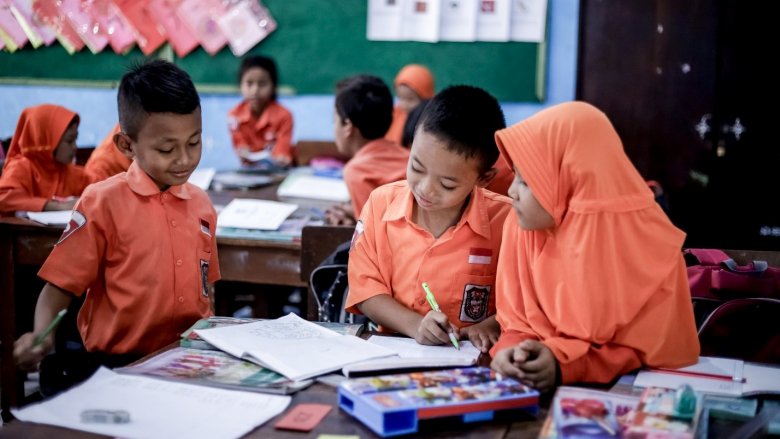A new World Bank report ¡°Collapse and Recovery: How Covid-19 Eroded Human Capital and What to Do About It,¡± shows how the pandemic destroyed human capital at critical moments of the life cycle for an entire generation of young people in poorer countries.
It is the first comprehensive review of global data for young people in low- and middle- income countries who were under the age of 25 during the pandemic. It shows that the COVID-19 pandemic disrupted human capital accumulation at critical moments in the life cycle, derailing development for millions of children and young people in low- and middle-income countries.
¡°People under the age of 25 today¡ªthat is, those most affected by the erosion of human capital¡ªwill make up more than 90 percent of the prime-age workforce in 2050,¡± said Norbert Schady, Chief Economist for Human Development at the World Bank and a lead author of the report. ¡°Reversing the pandemic¡¯s impact on them and investing in their future should be a top priority for governments. Otherwise, these cohorts will represent not just a lost generation but rather multiple lost generations.¡±
With data and analysis for 2-3 countries per region, the report builds on dozens of studies and offers original research and new findings. It also provides clear policy options with a discussion on prioritization considering the importance of lifecycle transitions, different baselines and levels of pandemic-related damage, current and future fiscal tradeoffs, and other non-fiscal constraints.




